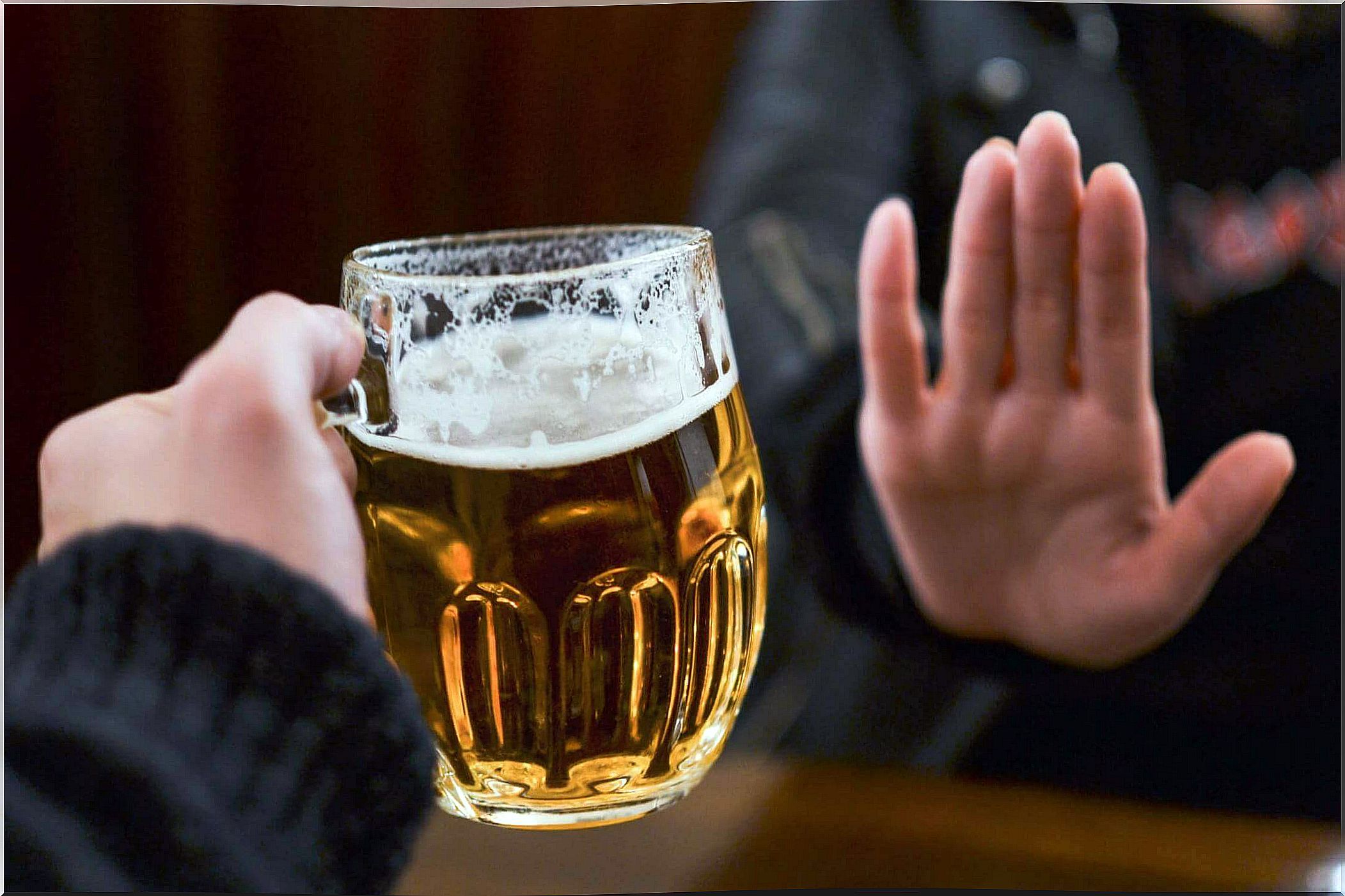Alcohol Use Among Adolescents – Being Parents

Did you know that alcohol is the most consumed substance by teenagers between the ages of 14 and 18? In addition, they start drinking earlier and earlier. The average are indeed between 12 and 13 years. Although the risks to their health are well known, alcohol consumption among adolescents has become a norm in their social activities.
In addition, it seems that 30% of young people practice “binge drinking”. According to the US National Institute on Alcohol Abuse and Alcoholism, this pattern of drinking involves drinking more than 4-5 drinks in less than 2 hours.
It is important to be aware of this phenomenon because such an attitude can promote the development of alcoholism in adulthood. It also means that adolescents run the risk of going into an alcoholic coma and putting themselves in danger of death by blocking their breathing capacity.
But first of all, let’s remember that alcohol is a fat soluble compound. It is absorbed by the stomach and then the intestine, while the liver metabolizes it. It also crosses the blood-brain barrier. It is for this reason that it is frequently associated with neurological symptoms.

Lack of memory: a long-term effect of alcohol use in adolescents
Alcohol is a neurotoxic substance. Adolescence is a time when brain functions are still developing. The consumption of alcohol during this period of life is therefore particularly harmful. It impacts the functioning of the hippocampus. It is a region of the brain linked to memory and learning. As a result, short-term memory is impaired and adolescents may have difficulty concentrating because the number of their neurons is reduced.
In addition, there is evidence for the influence of alcohol on the onset of Alzheimer’s disease. Indeed, alcohol acts a bit like an inflammatory since it promotes the creation of beta-amyloid protein deposits.
Finally, when blood alcohol levels remain high, one can even notice a loss of coordination and slowness of movements in the young person concerned.
How Does Alcohol Use Affect Mood?
Another effect of alcohol is this feeling of euphoria produced by the release of endorphin. This is, however, a short-term effect. In addition, it secretes dopamine which activates the area of the brain related to pleasure. As a result, a dependency is created on the consumption of alcohol. This has many impacts as we will see in the next section.
Likewise, it seems that alcohol abuse predisposes you to the risk of depression. However, it is not yet clear which of these two disorders appears first.
Alcohol consumption thus increases the risk of suicide. It also affects the level of irritability of the teenager, which obviously hinders his good social relations with the members of his family and with his friends.
The long-term consequences of alcohol consumption in adolescents
The effects of alcohol do not disappear the day after ingestion. In fact, the next day, we often experience headaches and fatigue. The main reason for this is that it takes several hours for the body to get rid of alcohol because alcohol blocks the DAO (diamine oxidase) enzyme.
This enzyme is responsible for the elimination of histamine which facilitates neuronal transmission, gastric secretion and bowel movements. This enzyme also regulates the rhythm of sleep. Excess alcohol is therefore harmful and this manifests itself by migraines but also by affecting the quality of rest.
In addition, alcohol consumption causes digestive problems. For example, nausea and vomiting, the intensity of which varies depending on the amounts ingested. In the long term, the lining of the stomach may suffer and the person may develop ulcers and gastritis.

Finally, there is a relationship between excess alcoholic drink and certain cancers of the digestive tract. For example, cancer of the esophagus, cancer of the colon, cancer of the stomach, cancer of the pharynx or even cancer of the pancreas.
How to avoid excessive alcohol consumption in adolescents?
It is important to remind teens that even low alcohol consumption is not safe for them due to all of the risks already mentioned above. It is important to talk to them about it and especially to be an example to follow.
This is how they can become aware of this reality. It will also help them not to see alcohol as a normal habit in life. Although it may sound surprising, it is indeed an easy drug to become addicted to. However, it is very difficult to get rid of it.
Finally, as parents, you can teach your teens that they can turn down their friends’ invitations to drink and opt for other drinks. And whatever those friends might think. Finally, remind them too that there are many occasions when it is possible to have fun without alcohol.









